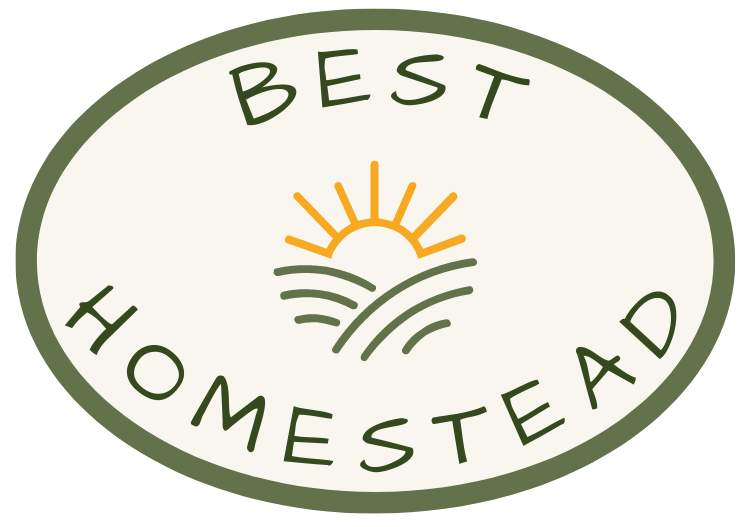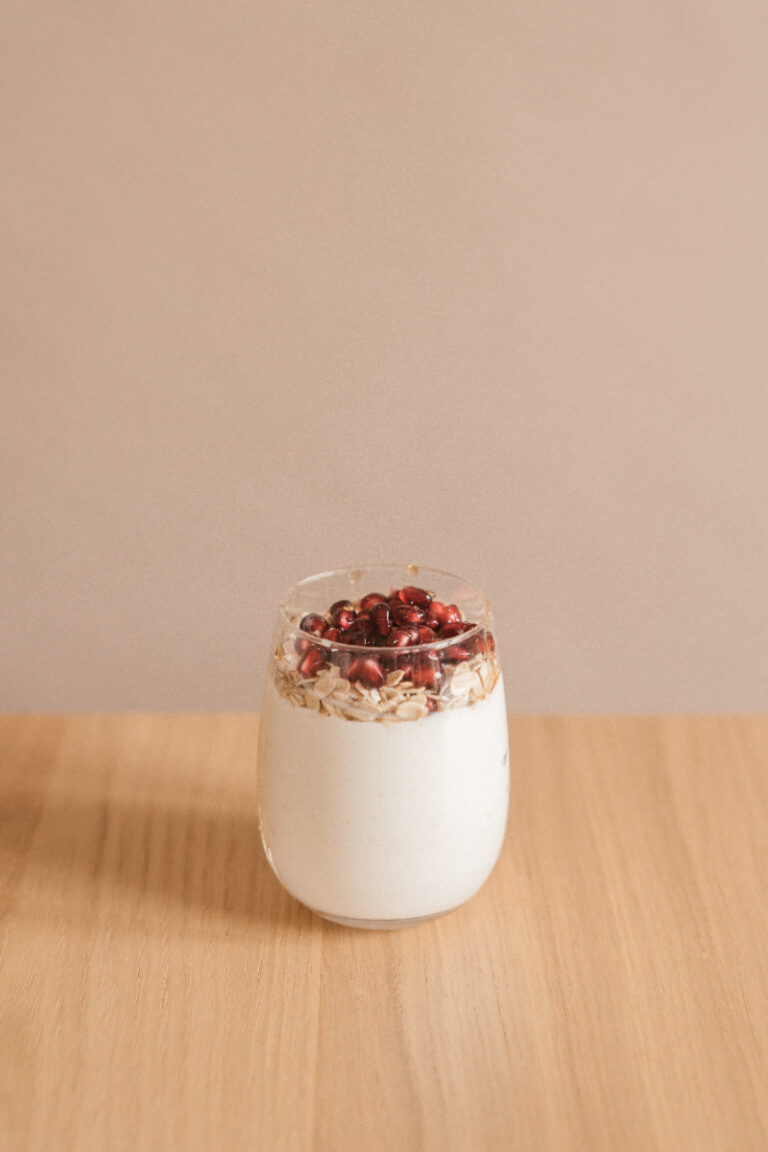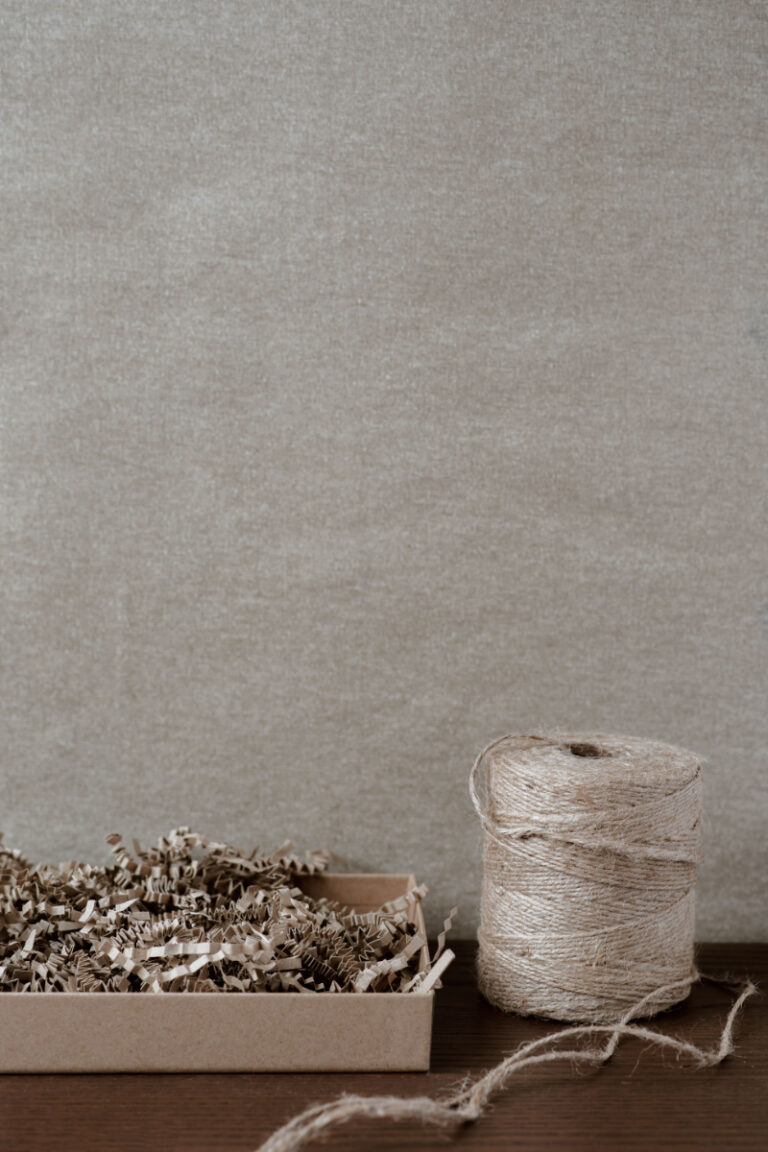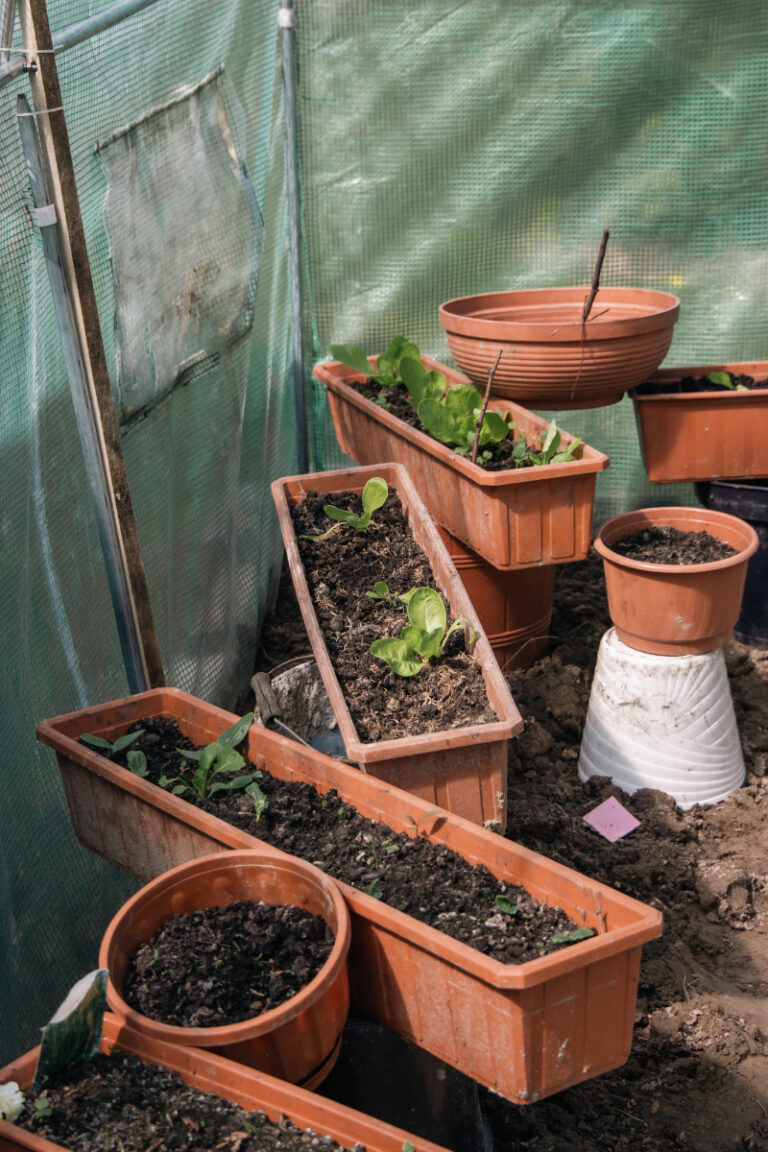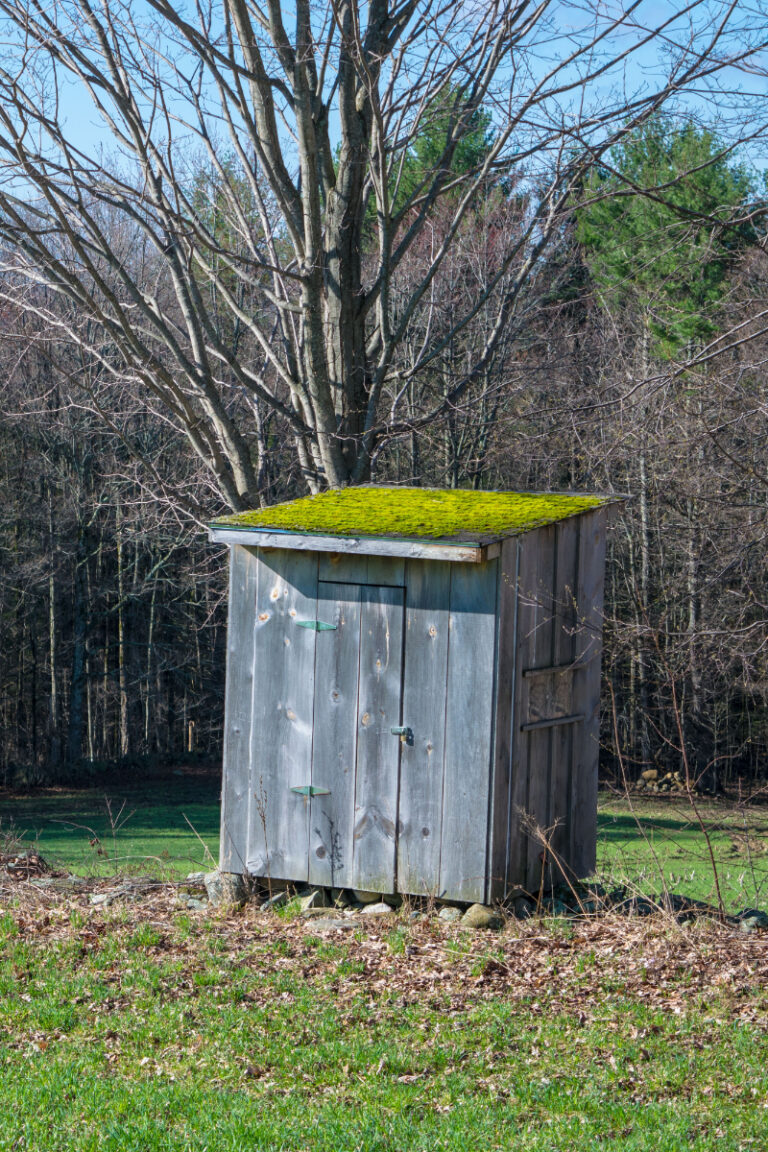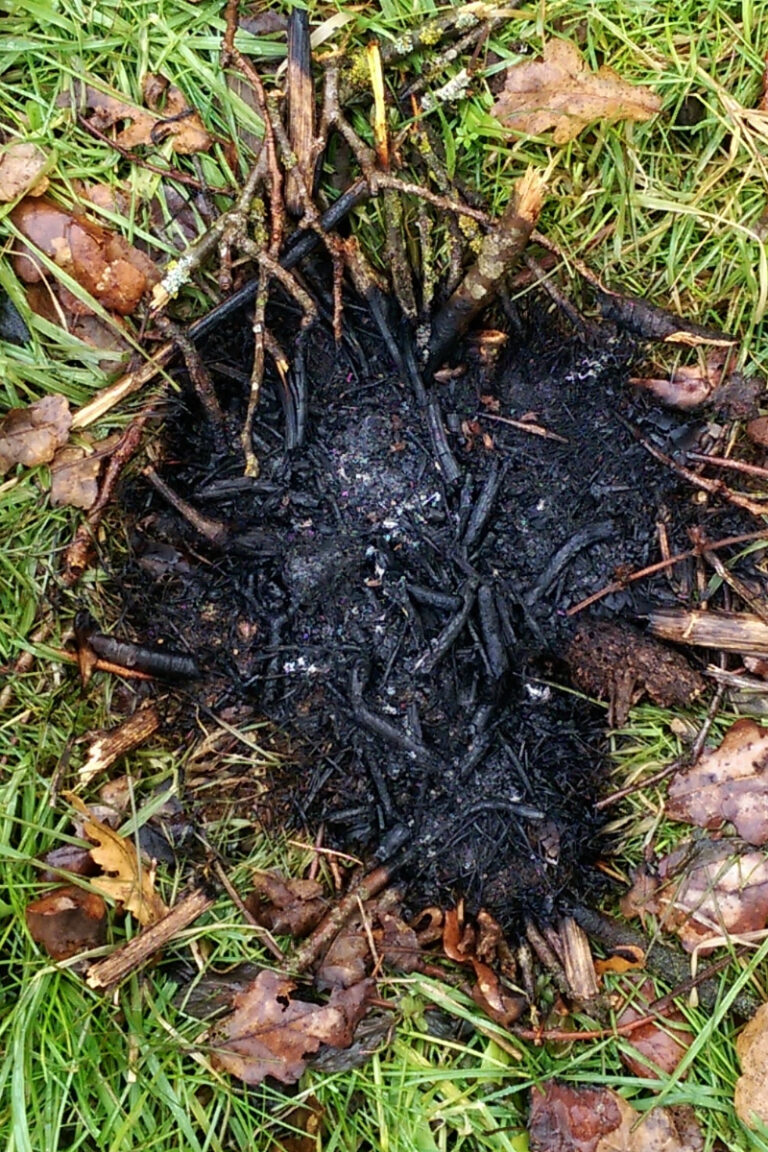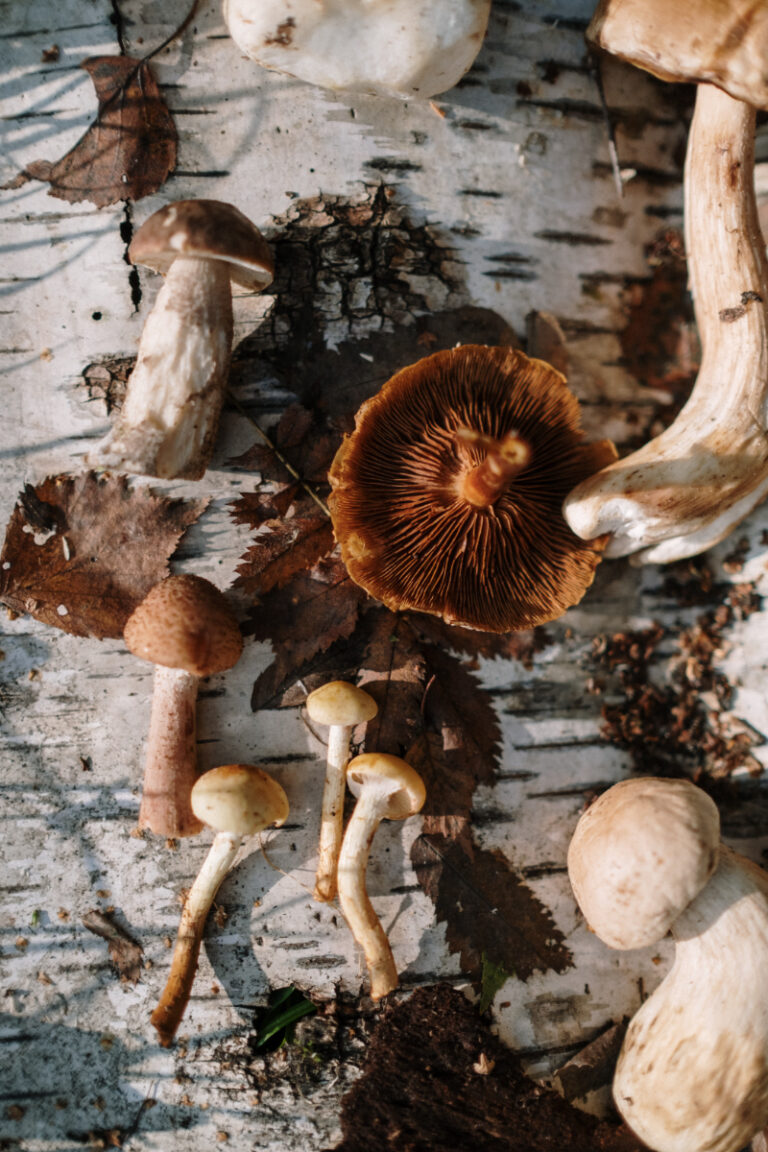Egg Carton Composting: From Trash to Treasure in the Garden
Composting is a natural process that transforms organic material like kitchen scraps and yard waste into nutrient-rich soil conditioner. It’s an eco-friendly way to recycle waste, reducing the amount of garbage that ends up in landfills while providing your garden with a free source of organic fertilizer.
There’s a wide range of materials that you can compost, from fruit and vegetable peels to coffee grounds and grass clippings. However, not all household waste is suitable for composting.
Certain items, such as dairy products, meat scraps, and diseased plants, can attract pests or create unpleasant odors. It’s essential to know what you can and cannot compost to maintain a healthy, productive compost pile.
Composting 101: How to Turn Egg Cartons and Other Household Waste into Garden Gold

You and Egg Cartons: Are They Compostable?
Egg cartons are a common household item that often end up in the recycling bin or, unfortunately, the trash. Before you toss your next empty carton, let’s explore the possibility of composting it.
The compostability of egg cartons largely depends on the material they’re made from. There are typically three types of egg cartons you’ll encounter: cardboard, Styrofoam, and plastic.
Cardboard egg cartons are the most common type and yes, you can compost them. They are made from recycled paper pulp, which is organic and breaks down relatively quickly under the right composting conditions.
These cartons are an excellent source of carbon, a key ingredient in the composting process. Carbon-rich materials, also known as ‘browns,’ balance out the nitrogen-rich ‘greens’ like vegetable scraps and coffee grounds, maintaining a healthy compost pile.
Styrofoam egg cartons, on the other hand, are not compostable. Styrofoam is a type of plastic that doesn’t break down easily, if at all. It can persist in the environment for hundreds of years, leading to pollution and potential harm to wildlife. Therefore, it’s best to avoid adding Styrofoam egg cartons to your compost pile.
Lastly, plastic egg cartons are also not suitable for composting. Like Styrofoam, plastic doesn’t decompose and can introduce harmful chemicals into your compost. Some plastic egg cartons can be recycled, so check with your local recycling facility to see if they accept this type of material.
How to Compost Egg Cartons?
Now that you know cardboard egg cartons are compostable, let’s explore how you can incorporate them into your compost pile.
Prepare Your Egg Cartons
Start by removing any labels or stickers from the carton as these might not be compostable. If your egg carton has a glossy or shiny finish, it might be coated with a layer of plastic or wax which is not compostable. In this case, it’s better to recycle the carton instead.
Tear It Up
Cardboard will decompose faster in your compost pile if it’s in smaller pieces. So, tear your egg carton into small chunks before adding it to your compost. This will increase its surface area and speed up the decomposition process.
Add to Your Compost Pile
Scatter the torn pieces of egg carton throughout your compost pile, mixing them in with other materials. Remember, egg cartons are a ‘brown’ material and should be balanced with an equal amount of ‘green’ materials like fruit and vegetable scraps.
Turn Your Compost
Regular turning or stirring of your compost pile helps to speed up the composting process by introducing oxygen and ensuring all materials are breaking down evenly. Try to turn your compost pile once a week.
Patience is Key
It can take anywhere from two months to a year for your compost to fully mature, depending on factors like the size of your pile, the materials you’re composting, and the weather conditions. Be patient and let nature do its work.
Potential Challenges
While composting egg cartons is generally straightforward, you might encounter a few challenges along the way. But don’t worry, these are common issues and there are solutions to overcome them.
Slow Decomposition
Cardboard egg cartons can sometimes take longer to break down than other items in your compost pile. This is often due to the carton’s thick and compact structure. To speed up the decomposition process, be sure to tear the carton into small pieces before adding it to your compost. Turning your compost pile regularly can also help.
Imbalance of Materials
If you’re adding a lot of cardboard egg cartons to your compost, you might end up with an imbalance of ‘brown’ and ‘green’ materials. This can slow down the composting process and lead to an unpleasant odor. To prevent this, make sure to add an equal amount of ‘green’ materials like fruit and vegetable scraps.
Non-Compostable Components
Some egg cartons have labels, stickers, or a glossy finish that aren’t compostable. Before composting, remove any non-compostable components and check for a shiny coating that might indicate the presence of plastic or wax.
Pests
While not a common problem with composting egg cartons, pests can sometimes be attracted to compost piles. To deter pests, avoid composting meat, dairy, and cooked food scraps. Turning your compost pile regularly can also help keep pests at bay.
Other Household Items You Can Compost
Now that you’ve mastered composting egg cartons, you might be wondering what other household items you can add to your compost pile. The good news is, there’s a wide range of everyday waste products that can be transformed into valuable compost for your garden.
Fruit and Vegetable Scraps
From banana peels to apple cores, fruit and vegetable scraps are a great addition to your compost pile. They’re rich in nitrogen and break down quickly.
Coffee Grounds and Filters
Coffee grounds are another excellent source of nitrogen. And if you use paper filters, you can compost those too. They provide carbon and help create a balanced compost pile.
Leaves and Grass Clippings
Yard waste like leaves and grass clippings are perfect for composting. They’re packed with nutrients and can help speed up the composting process.
Newspaper and Paper Waste
Just like cardboard egg cartons, newspaper and other paper waste can be composted. They provide carbon and help to balance out the nitrogen-rich materials in your compost pile.
Tea Bags and Loose Tea Leaves
Tea bags and loose tea leaves are compostable and can add beneficial nutrients to your compost pile. Just be sure to remove any staples from the tea bags before composting.
Eggshells
Crushed eggshells can be composted. They provide calcium, a nutrient that helps plants grow.
Conclusion
Composting is a great way to turn everyday waste into valuable fertilizer for your garden. And cardboard egg cartons are just one of the many household items you can compost. With patience and some TLC, you can make a nutrient-rich compost that’s perfect for nourishing your soil and plants. So get started today!
